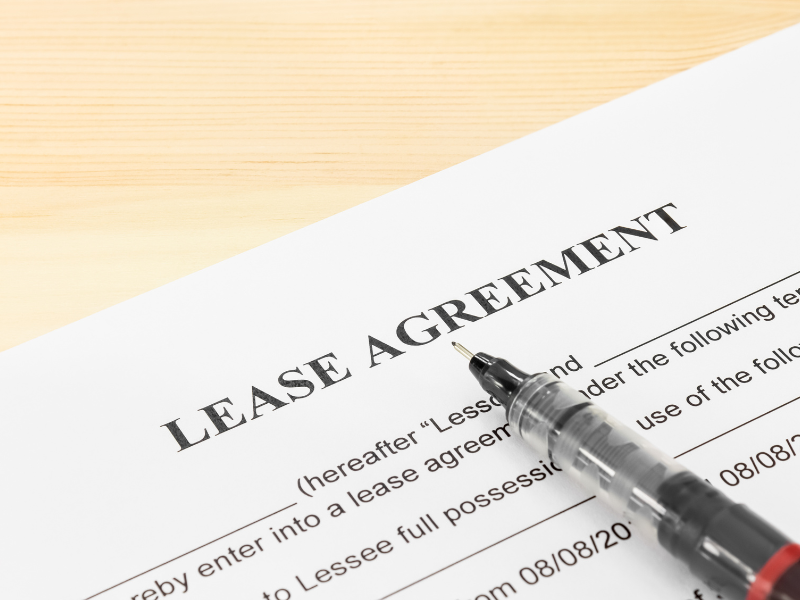Last month, the Ontario government announced several sweeping proposed changes to “make life easier, stabler, and more predictable for tenants and landlords alike”.
More funding for the beleaguered Landlord and Tenant Board (LTB), more protections for tenants, and more fines for penalties – the changes are heavily weighted in favor of protecting tenant rights as the provincial government cracks down on unscrupulous landlords.
Here’s what’s changing, and how it will affect landlords in the GTA.
Further investment in the Landlord and Tenant Board
Ontario’s LTB has come under increasing criticism since the pandemic as appeals piled up and backlogs grew. Switching to digital filing did little to relieve the pressure and the government is now investing a further $6.5 million into the Board to “speed up decision timeframes”. The funding will be used to hire an additional 40 adjudicators and five staff members as the LTB aims to improve services and clear active applications.
This is good news for landlords who have been stuck with problem tenants and stymied by slow eviction processes. The new hires will more than double the number of full-time adjudicators at the LTB, paving the way for more speedy resolutions in the future.
An end to renovictions
Under the new proposals, it’ll become more difficult for landlords to evict tenants in order to renovate their property. In these circumstances, the landlord would have to:
- Obtain a report from a ‘qualified person’ stating that the property must be empty for renovations to take place
- Let the tenant know the status of the renovation if they plan to move back into to the unit
- Give tenants a 60-day grace period to return, once renovations are finished
If the tenant does come back, they have to be offered the same rent. If the landlord ignores this provision and takes the opportunity to raise their rent, the tenant can apply to the LTB for a remedy – provided they submit their application within two years of moving out or six months after the renovations are completed.
Personal use evictions
The new regulations would bring further clarity to personal use evictions – when a landlord asks a tenant to move out because they want the unit for themselves.
In this situation, landlords won’t be able to leave the tenant in limbo, they’ll have to set a specific deadline for when they intend to move into the property so tenants have a better idea of where they stand and can plan accordingly.
Harsher penalties
Ontario has the highest fines in the country for residential tenancy violations, and it’s set to become even more punitive. The province is looking to sharpen the teeth of the Residential Tenancies Act, doubling the maximum fines for offenses such as misuse of renovictions to $100,000 for individuals and $500,000 for corporations.
Know your rights
Rentals work best when both landlords and tenants are fully aware of their rights and responsibilities towards each other. With housing in short supply, rents rising, and competition increasing, the Toronto market is heating up and that pressure can often cause conflict.
Working with a professional property management company can help landlords navigate any disputes and ensure they’re always compliant with the Residential Tenancies Act. At Highgate, our highly experienced team is well-versed in all aspects of residential tenancies and knows the processes at the LTB inside and out.
We can guide you every step of the way, taking care of tenant management, LTB applications, and providing expert support and advice as needed. Contact the Highgate Property Management team today to enjoy your investment property stress-free.




